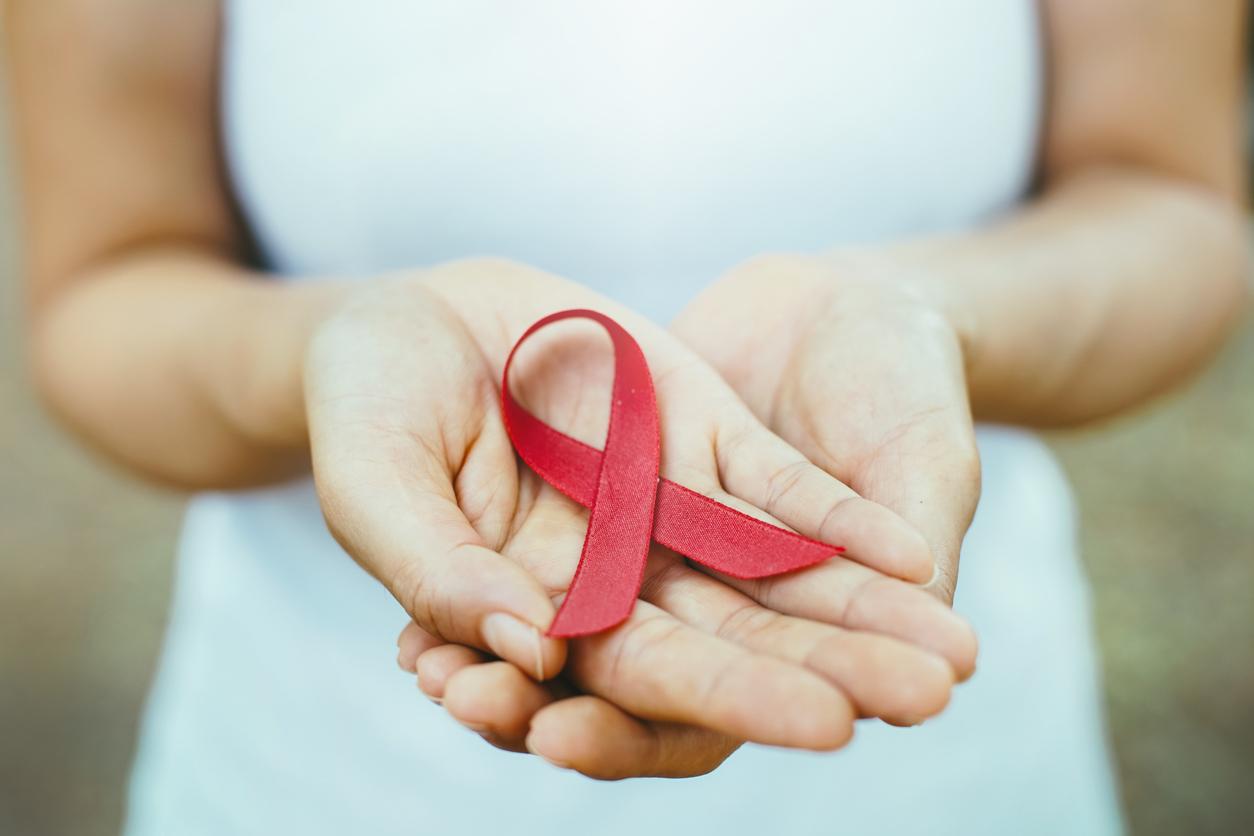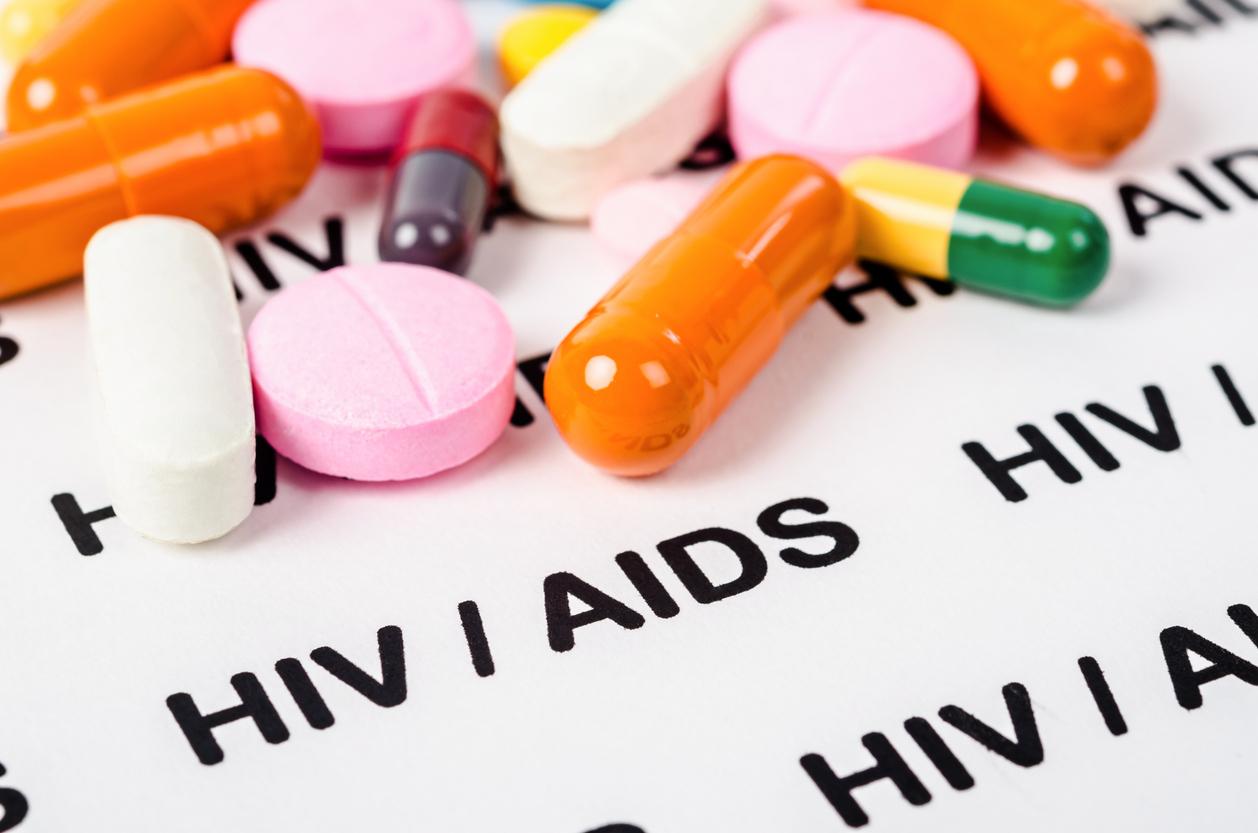Researchers at Columbia University (United States) have developed a smartphone accessory capable of detecting the presence of the HIV virus or syphilis in the blood, according to the results of research published in the medical journal Science Translational Medicine. This economical process (around 30 euros) is reliable and ultra fast (less than 15 minutes). A new solution to facilitate screening of these infectious diseases.
“This new process is capable of reproducing the mechanical, optical and electronic functions of a laboratory analysis system,” explains Samuel Sia, professor of biomedical engineering at Columbia University in New York, the main author of this discovery.
Field tests
To measure the effectiveness of their invention, the researchers tested their device blind on 96 Rwandan women as part of a campaign to prevent HIV transmission. AIDS from mother to child. The results of the test show an efficiency between 92 and 100% and obtaining the results in less than 15 minutes.
“Our work shows that a complete laboratory analysis can be performed by a smartphone accessory,” says Samuel Sia.
This technological innovation will make it possible to reach at a lower cost the populations exposed but who do not have access to conventional screening, which is longer and more expensive. Thus, this accessory would facilitate screening and fight against the proliferation of communicable diseases.
“Combining the technique of microfluids with recent advances in consumer electronics can make certain laboratory diagnostics accessible to almost all populations with access to smartphones”, explains the researcher and that “it can transform the way in which health services are provided all over the world ”.
AIDS in France
Each year, more than 6,000 new HIV infections are discovered in France. People are mainly infected through sexual intercourse. The National Institute for Health Surveillance (INVS) estimates that 30,000 to 40,000 people are unaware that they are HIV positive.
Read also:
STIs: what are the risks of transmission according to sexual practices?
AIDS: the end of the epidemic in 2030?
AIDS: soluble tampons to protect yourself
















